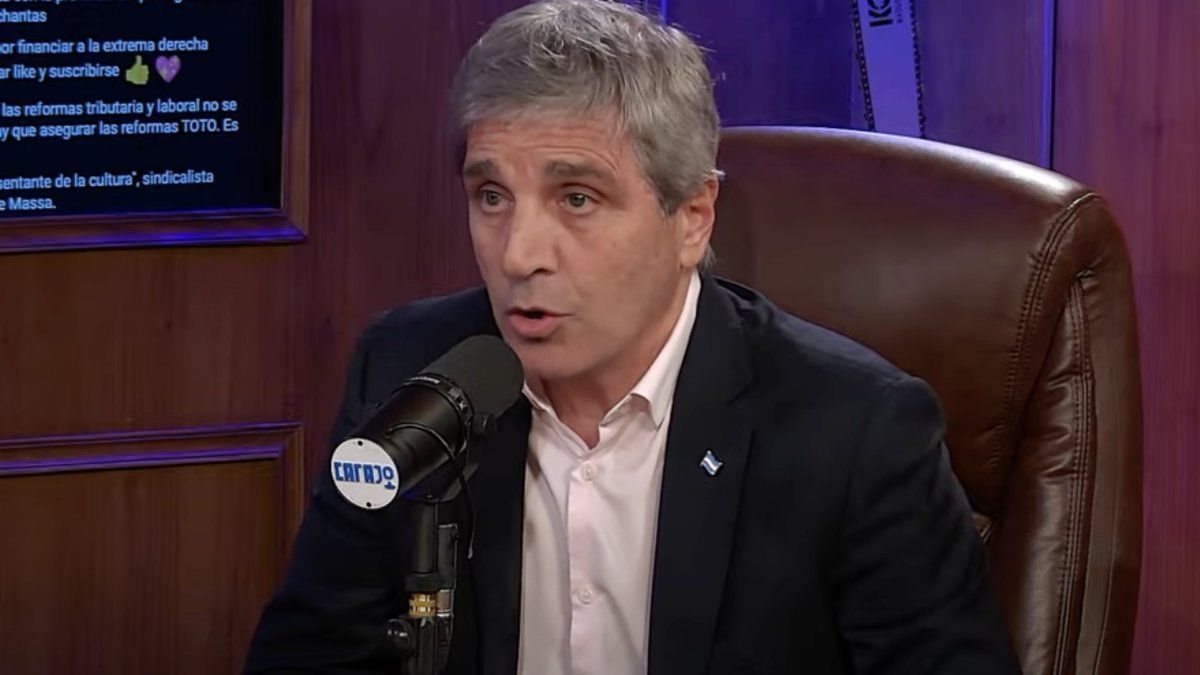The first therapy against the cause of the disease may be “just around the corner”. Doctor Peter Dal-Bianco, specialist in neurology and psychiatry in Vienna and President of the Austrian Alzheimer Society, announced this good news yesterday with cautious optimism at the presentation of a white paper “Widespread Alzheimer’s disease” to journalists in Vienna.
In the United States, preparations (monoclonal antibodies) have recently been approved in a fast-track procedure that would reduce the accumulation of beta-amyloid proteins associated with Alzheimer’s disease, reported Dal-Bianco. In Europe, approval is hesitant because it has not yet been proven that patients are better off as a result. He described the actions of the US authorities as a “major field test”.
20 years to eruption
The doctor believes that these monoclonal antibodies could possibly be used well in earlier stages: it takes 20 years from the first changes in the brain until the organ is so severely damaged that the patients have problems. If you can prevent the harmful protein deposits in the brain during this time, there may not be any serious symptoms at all.
Dal-Bianco pointed out that a healthy lifestyle can also help prevent Alzheimer’s beforehand. Up to 40 percent of dementia diseases could be prevented in this way. According to Dal-Bianco, preventive measures include a high level of education, not (passive) smoking, drinking little or no alcohol, avoiding head concussions in sports (beating the head in football and boxing), using a hearing aid if you have hearing problems, a healthy diet and to be physically and mentally active into old age.
An important finding when preparing the Alzheimer’s White Paper was that not only the importance of prevention, but also of early detection is often underestimated. Therapy can “significantly influence the course of the disease,” says Dal-Bianco: “Unfortunately, valuable therapy time is often lost because the time between the first symptoms and treatment is usually very long.”
Source: Nachrichten




